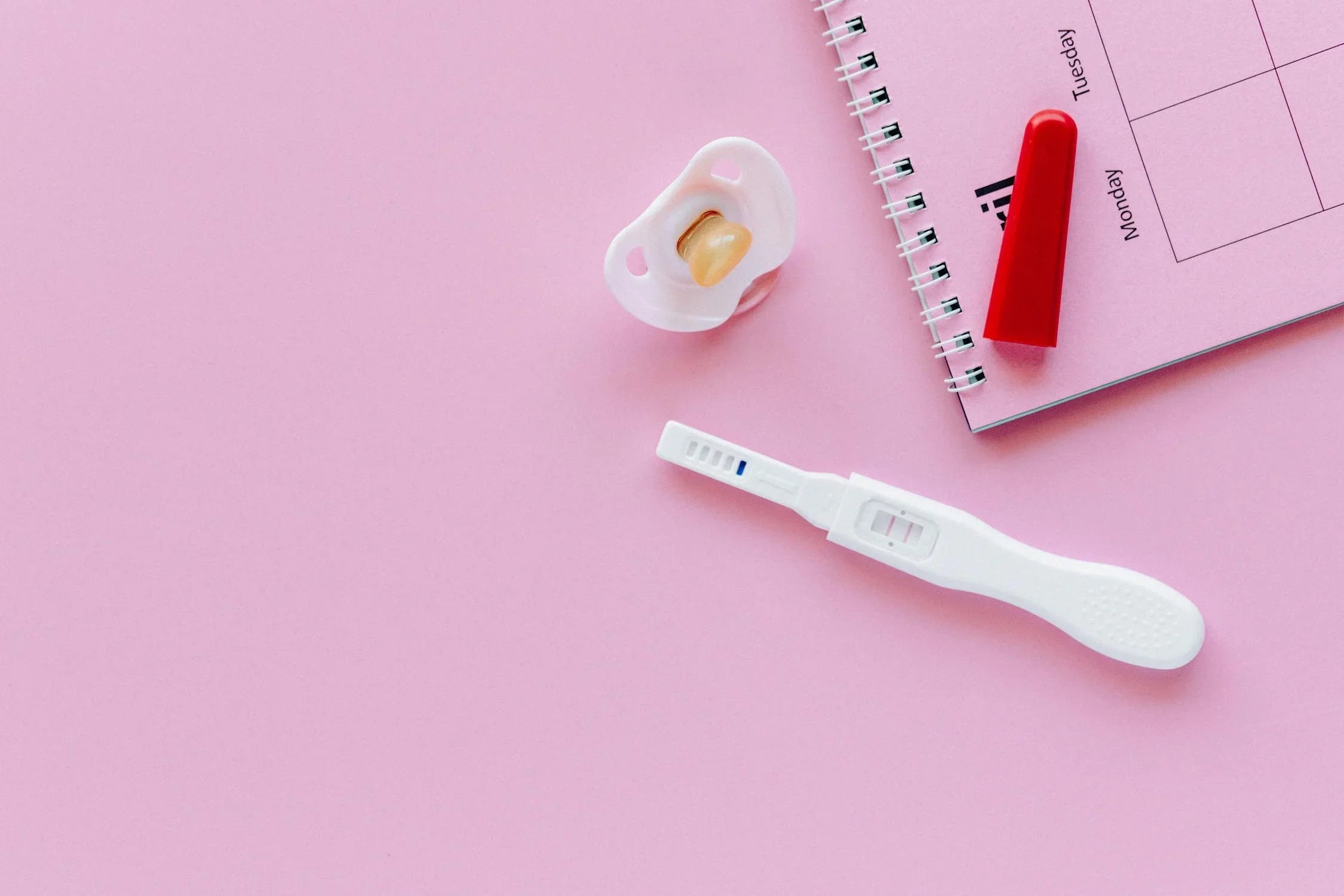Inicio
Pregnancy, Breastfeeding, and Pumping: The Ultimate Guide for Moms
Can Alcohol Cause a False Positive Pregnancy Test?

Can Alcohol Cause a False Positive Pregnancy Test?
When it comes to pregnancy tests, accuracy is everything. Many women rely on these tests to provide clear and reliable results, but various factors can influence their outcomes. One question that often arises is: Can alcohol cause a false positive pregnancy test? This article delves into the science behind pregnancy tests, the role of alcohol, and other factors that might affect the results.
Understanding Pregnancy Tests
Pregnancy tests work by detecting the presence of human chorionic gonadotropin (hCG), a hormone produced during pregnancy. Most home pregnancy tests are designed to detect hCG in urine. When hCG levels are high enough, the test will display a positive result. However, several factors can interfere with this process, leading to inaccurate results.
How Alcohol Affects the Body
Alcohol is a substance that can have various effects on the body, including altering hormone levels. When consumed, alcohol is metabolized by the liver and can influence the production and regulation of hormones. However, the relationship between alcohol and hCG levels is not straightforward. While alcohol can affect hormone balance, it does not directly produce hCG, the hormone detected by pregnancy tests.
Can Alcohol Cause a False Positive Pregnancy Test?
The short answer is no. Alcohol consumption does not directly cause a false positive pregnancy test. Pregnancy tests are designed to specifically detect hCG, and alcohol does not produce this hormone. However, alcohol can indirectly affect the accuracy of a pregnancy test in other ways. For example, excessive alcohol consumption can lead to dehydration, which might concentrate urine and potentially affect the test's sensitivity. Additionally, alcohol can impair judgment, leading to errors in how the test is administered or interpreted.
Other Factors That Can Cause False Positives
While alcohol is not a direct cause of false positive pregnancy tests, other factors can lead to inaccurate results. These include:
- Medications: Certain medications, such as those containing hCG, can cause a false positive.
- Medical Conditions: Conditions like ovarian cysts or certain types of cancer can produce hCG, leading to a false positive.
- Evaporation Lines: Sometimes, an evaporation line can be mistaken for a positive result.
- Expired Tests: Using an expired pregnancy test can lead to inaccurate results.
How to Ensure Accurate Results
To ensure the most accurate results from a pregnancy test, consider the following tips:
- Follow Instructions: Always read and follow the instructions provided with the test.
- Test at the Right Time: Testing too early or too late can affect accuracy. The best time to test is usually after a missed period.
- Use First-Morning Urine: The first urine of the day is typically the most concentrated and can provide the most accurate results.
- Check Expiration Dates: Ensure the test is not expired before use.
When to Consult a Healthcare Provider
If you receive a positive result on a pregnancy test, it is important to confirm it with a healthcare provider. They can perform a blood test, which is more sensitive and can provide a definitive answer. Additionally, if you have concerns about the accuracy of your test results or if you experience unusual symptoms, consulting a healthcare provider is always a good idea.
Understanding the factors that can influence pregnancy test results is crucial for accurate interpretation. While alcohol does not directly cause a false positive pregnancy test, being aware of other potential influences can help ensure you get the most reliable results. Always follow best practices when taking a pregnancy test and consult a healthcare provider if you have any doubts or concerns.
Compartir

